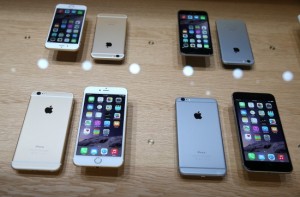WestJet recently introduced a new fee for passengers who wish to check one bag on their airlines this month. Previously, your first checked bag within a domestic flight across Canada was free-but not anymore. $25 will get your bag under the plane now, a move WestJet says it to keep ticket costs lower to compete with new competition expected for cheap flights across Canada.
Is keeping ticket prices low really going to keep customers choosing WestJet if they have to pay for their checked bags? According to this article, Southwest is planning to bring service to Canada as well. As competition gets steeper, I think WestJet should be doing the opposite of their strategy, like making a second bag free. Their business model outlines, that the option to not pay for a checked bag will appeal to customers. However, personally it is doing the opposite, and pushing myself to look for other options (ie. new competition airlines) for flights. Unfortunately for the time being, Canadian customers don’t have much options when it comes to flights across Canada, so we are stuck with paying whatever Air Canada and WestJet decide for us. If we want to fly with a checked bag, we must be prepared to spend that extra $25.
Air Canada expected to join WestJet in breaking out new baggage fee
